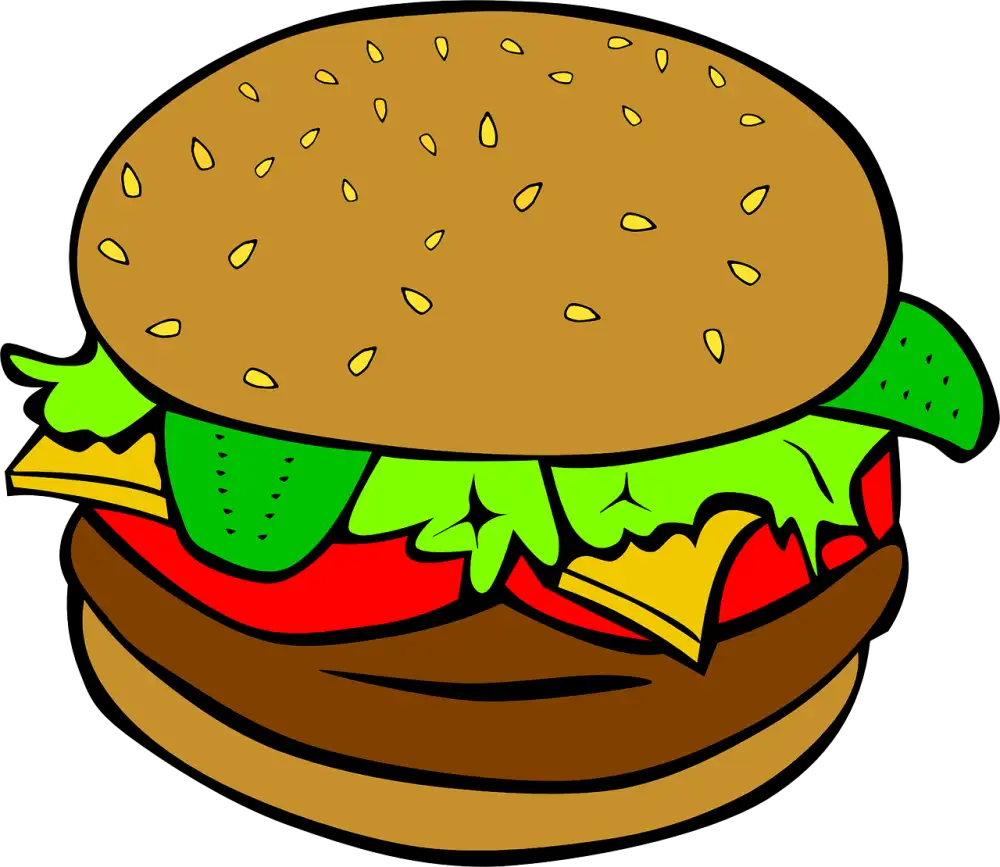Unveiling the Mystery: Discover the Reasons Why Burger King Might Be Temporarily Closed

Burger King, the renowned fast-food chain loved by millions around the world, has recently caught the attention of its loyal customers due to temporary closures of some of its locations. This unexpected turn of events has left many wondering about the reasons behind these closures. In this article, we will delve into the possible factors that may contribute to Burger King's temporary shutdowns and unveil the mystery surrounding them. By exploring various possibilities such as lack of staffing, renovations or maintenance, health and safety inspections, change in ownership or franchise agreements, economic factors, local market conditions, legal issues or violations, we aim to shed light on this intriguing situation. Let us embark on this journey to uncover the truth behind Burger King's temporary closures.
Lack of Staffing
One possible reason for the temporary closure of Burger King could be a lack of staffing. In today's competitive job market, finding and retaining qualified employees can be a challenge for many businesses, including fast food chains. If Burger King is unable to hire enough staff members to operate efficiently, they may have no choice but to temporarily close their doors until they can address this issue.
Factors such as low wages, long hours, and demanding work conditions can contribute to difficulties in attracting and retaining employees in the fast food industry. Additionally, with the ongoing COVID-19 pandemic, some potential workers may be hesitant to take on jobs that involve high levels of customer interaction.
It is important to note that while lack of staffing could be a contributing factor to temporary closures, it is not the sole reason. Other factors such as renovations or maintenance, health and safety inspections, change in ownership or franchise agreement, economic factors, local market conditions, legal issues or violations could also play a role in Burger King's decision to temporarily close its doors.
Renovations or Maintenance
Renovations or maintenance could be one of the reasons why Burger King might be temporarily closed. Like any other restaurant, Burger King needs to periodically update its facilities to ensure a pleasant dining experience for customers. Renovations may involve upgrading the interior decor, replacing outdated equipment, or improving the overall infrastructure. Maintenance work, on the other hand, could include fixing plumbing issues, electrical problems, or conducting routine inspections to comply with health and safety standards. These necessary tasks might require temporary closure to ensure that the renovations or maintenance work is completed efficiently and without compromising customer satisfaction or safety. While it may cause inconvenience for customers in the short term, these efforts ultimately contribute to providing a better dining environment in the long run.
Health and Safety Inspections
Health and safety inspections play a crucial role in ensuring the well-being of customers and employees at any food establishment, including Burger King. It is possible that temporary closures may occur if a Burger King location fails to meet the required health and safety standards during an inspection. These inspections are conducted by local health departments or other regulatory authorities to assess factors such as cleanliness, food handling practices, storage conditions, and pest control. If any violations are found during these inspections, Burger King may be required to rectify the issues before reopening to ensure the health and safety of its patrons. Therefore, it is plausible that temporary closures could be attributed to health and safety inspections.
Change in Ownership or Franchise Agreement
Change in Ownership or Franchise Agreement: Another possible reason for the temporary closure of Burger King could be a change in ownership or franchise agreement. It is not uncommon for fast-food chains to undergo changes in ownership or franchise agreements, which can sometimes lead to temporary closures as the transition takes place. During this time, new owners or franchisees may need to implement their own management strategies, train staff, and ensure that all operational procedures align with their vision. These processes can take time and may require the closure of the restaurant until everything is in order. While it is unclear if this is the exact reason for Burger King's closure, it is a possibility worth considering.
Economic Factors
Economic factors can play a significant role in the temporary closure of Burger King outlets. One such factor is the overall economic condition of the region where the restaurant is located. During economic downturns or recessions, people tend to cut back on discretionary spending, including dining out. This decline in customer demand can lead to a decrease in revenue for Burger King, making it financially challenging to keep all locations open.
Additionally, rising costs of ingredients and operational expenses can also impact Burger King's profitability. Fluctuations in commodity prices, such as beef and vegetables, can directly affect the company's bottom line. If these costs become too high and cannot be offset by increased prices or cost-cutting measures, Burger King may choose to temporarily close certain outlets until conditions improve.
Furthermore, changes in consumer preferences and trends can also influence the economic viability of Burger King locations. With the rise of healthier eating options and plant-based alternatives, some customers may opt for other fast-food chains or restaurants that cater to their dietary preferences. This shift in consumer behavior can result in decreased foot traffic and sales for Burger King outlets, leading to temporary closures.
It is important to note that economic factors alone may not be the sole reason for temporary closures but rather contribute to a complex interplay of various factors affecting business operations. By understanding these economic factors, we gain insight into the challenges faced by fast-food chains like Burger King and how they adapt their strategies to navigate through uncertain economic times.
Local Market Conditions
Local market conditions can also play a significant role in the temporary closure of Burger King outlets. Factors such as competition, consumer preferences, and economic trends can impact the performance of fast-food chains.
In some cases, a decline in customer demand or a shift in consumer preferences towards healthier food options may lead to a decrease in foot traffic at Burger King locations. This could result in lower sales and profitability, making it financially unviable to keep certain outlets open.
Additionally, changes in the local economy can affect the purchasing power of consumers. During periods of economic downturn or recession, people tend to cut back on discretionary spending, including eating out. This can have a direct impact on the revenue generated by fast-food chains like Burger King.
Furthermore, if there is an oversaturation of fast-food restaurants in a particular area, it can create intense competition for customers. In such cases, Burger King may choose to temporarily close certain outlets that are underperforming or facing tough competition from other similar establishments.
It is important to note that local market conditions are dynamic and can change over time. Therefore, temporary closures due to local market conditions should not be seen as permanent shutdowns but rather strategic decisions made by Burger King to adapt to changing consumer demands and economic realities.
Legal Issues or Violations
One possible reason for the temporary closure of Burger King could be legal issues or violations. It is not uncommon for restaurants to face legal challenges related to food safety, employment practices, or licensing requirements. If a Burger King location fails to comply with these regulations, it may result in temporary closure until the issues are resolved.
Food safety violations can range from improper handling and storage of ingredients to unsanitary conditions in the kitchen. Health departments conduct regular inspections to ensure that restaurants meet the necessary standards. In case of repeated violations or severe infractions, authorities may temporarily shut down the establishment to protect public health.
Additionally, Burger King could face legal issues related to employment practices. Violations such as failure to pay minimum wage, improper documentation of employees' work hours, or discrimination can lead to legal consequences. If any such violation is discovered during an investigation, it might prompt a temporary closure until the matter is resolved and corrective measures are implemented.
Moreover, licensing requirements must be met by all restaurants, including Burger King locations. Failure to obtain or renew necessary permits and licenses can result in closures until the proper documentation is obtained.
It's important to note that these potential legal issues or violations are speculative and specific cases would require verified facts. However, they serve as examples of situations that could lead to a temporary closure of a Burger King restaurant due to legal reasons.
In conclusion, there can be several reasons why Burger King might be temporarily closed. It could be due to a lack of staffing, renovations or maintenance work being carried out, health and safety inspections, change in ownership or franchise agreement, economic factors, local market conditions, or legal issues or violations. Each of these factors can have an impact on the operation of a Burger King outlet. It is important for customers to stay informed about such closures and check for updates from official sources.
Published: 24. 02. 2024
Category: Home



